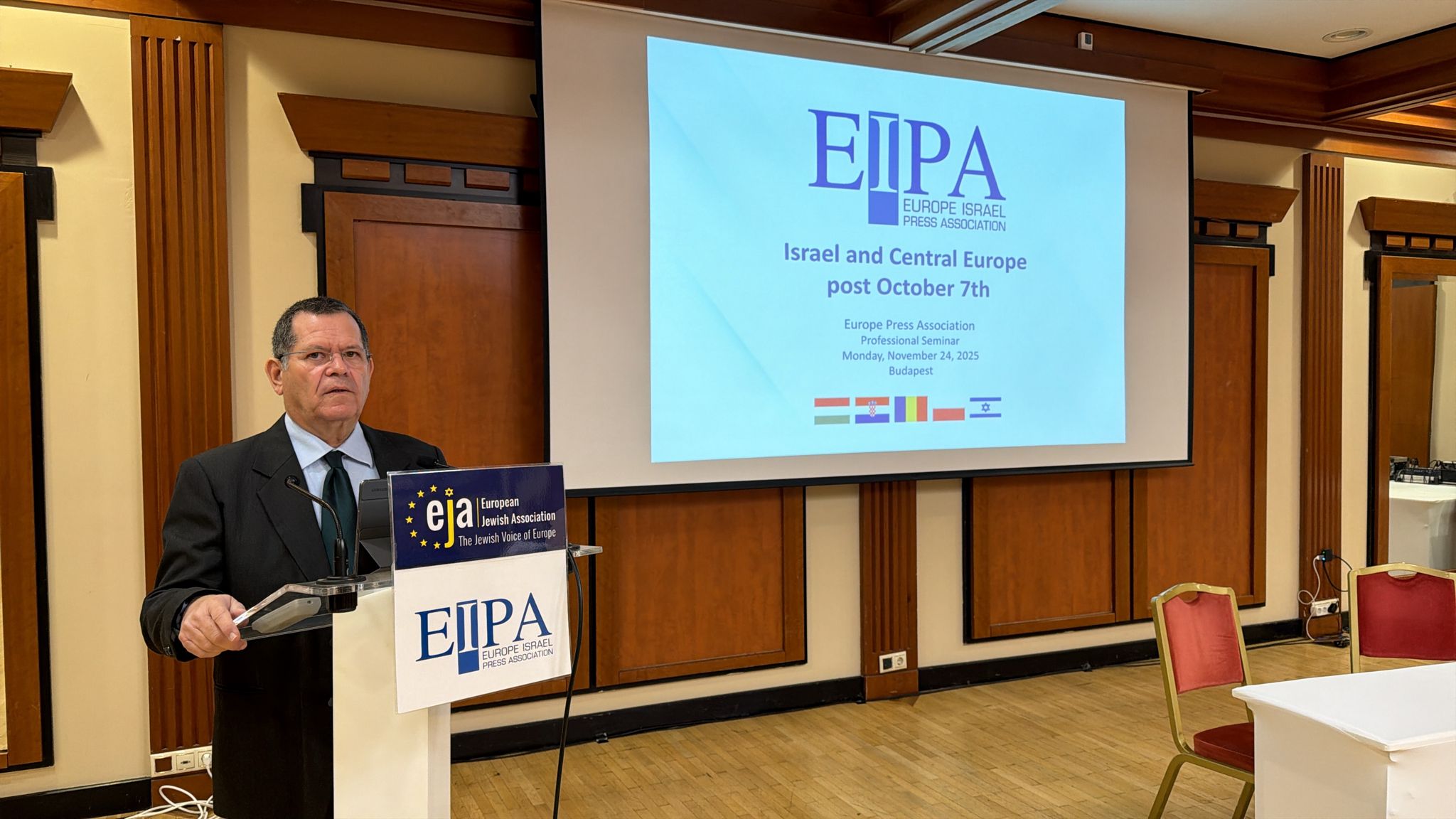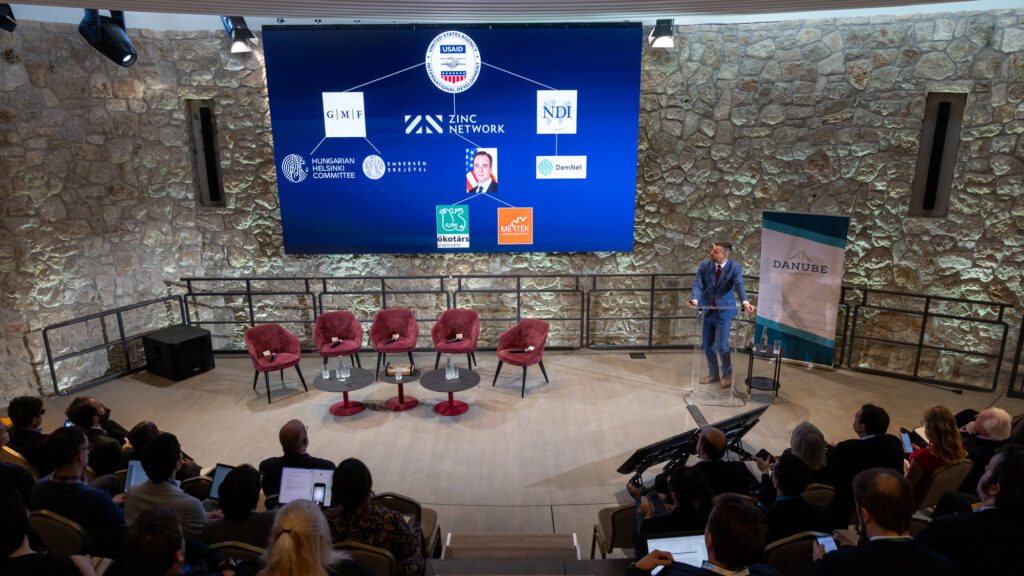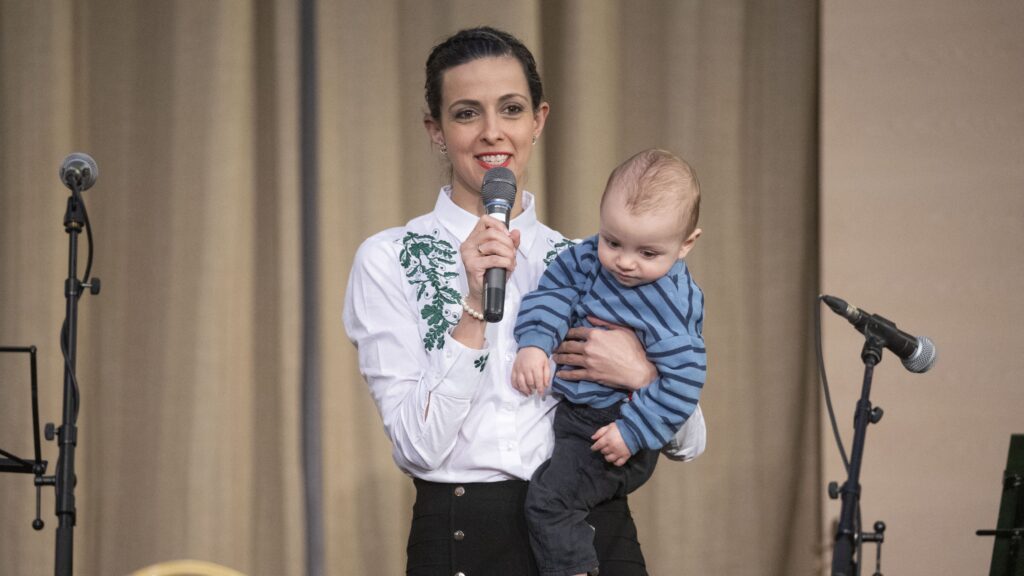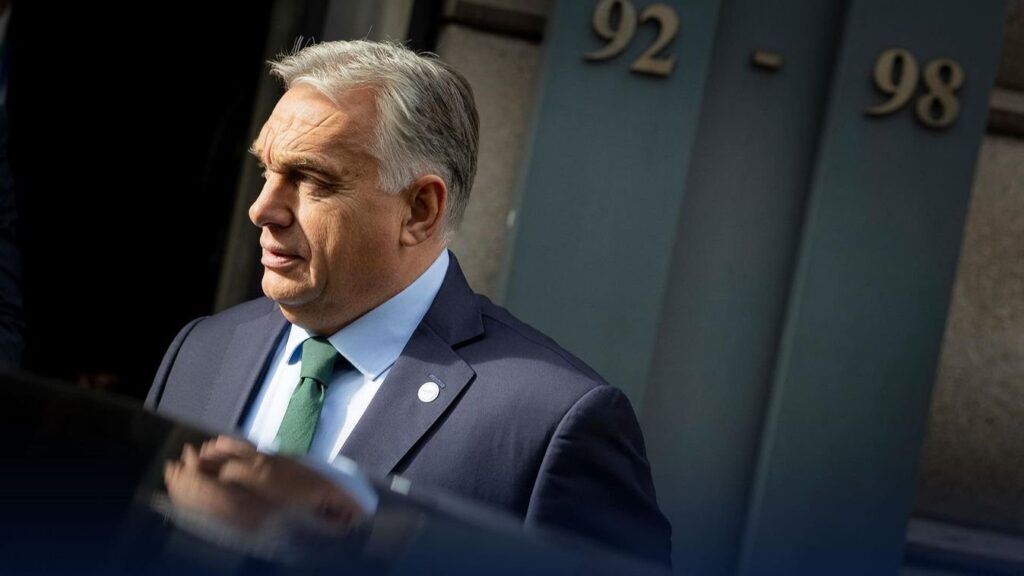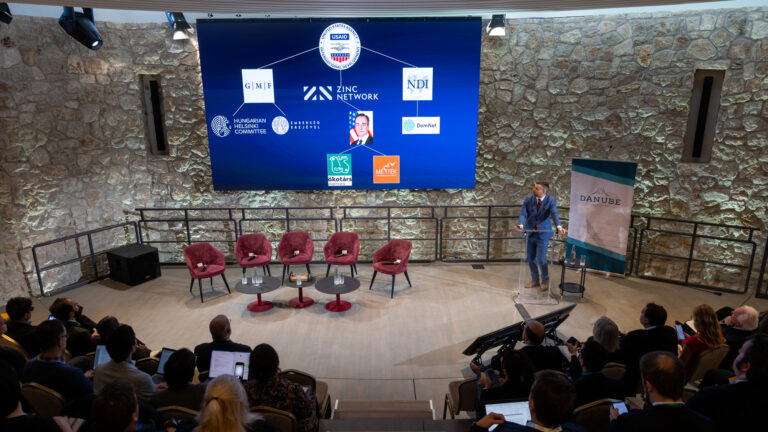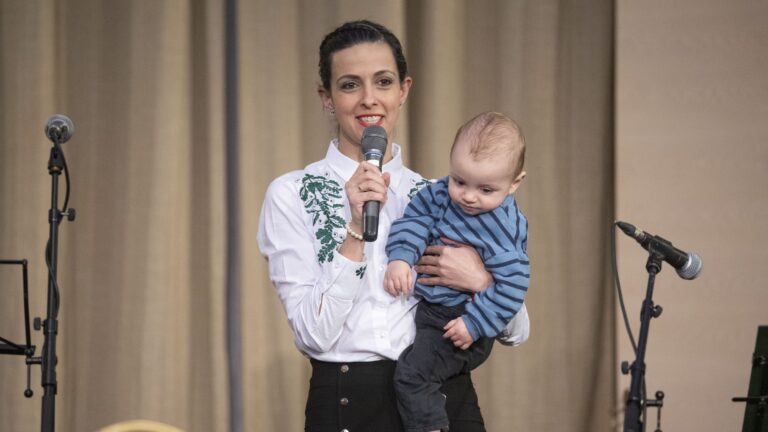The evolving strategic partnership between Israel and Central Europe took centre stage at a high-level conference on 24 November 2025 in Budapest, where diplomats, security experts, journalists, and scholars examined the political and security challenges facing the region. Hosted by the Europe Israel Press Association (EIPA), the event—titled Israel and Central Europe in a Reinvigorated Europe—explored how shifting geopolitical realities in the Middle East are reshaping Europe’s own priorities, particularly in the realms of security cooperation, regional diplomacy, and information policy. Experts also addressed the disinformation on Israel’s war against terror and false media narratives that aim to delegitimize the Jewish state’s right to self-defence.
The conference drew notable participation from across Europe and Israel. The European Jewish Association (EJA), a key organizer of the gathering, underlined that the conference’s aim was to strengthen dialogue at a time of heightened instability in the Middle East. Speakers emphasized that the ongoing Gaza conflict, the rise of disinformation, and the fragmentation of European foreign policy demand deeper alignment between Israel and Central European states—countries that often adopt a more security-driven and pragmatic approach to the region.
Strategic Perspectives and Media Narratives
Ambassador Maya Kadosh, Israel’s ambassador to Hungary, underscored the importance of the bilateral relationship and Budapest’s expanding role as a diplomatic bridge between Israel and the wider region. She also spoke about the reality Israel has faced since 7 October and the sharp rise in antisemitism across Europe.
Posting on her Facebook page after the conference, the ambassador emphasized that the dialogue with the invited journalists felt markedly more open and direct than the media environments Israel often encounters elsewhere in Europe. She noted that the conference also provided a crucial platform to address widespread misinformation about the war in Gaza and to discuss the future of Israel–EU relations—a meaningful opportunity, she said, to ensure that Israel’s voice is heard.
Ambassador Maya Kadosh
Today in Budapest, I spoke at the EIPA conference with 40 leading journalists from Central Europe. In a media climate where our story is often challenged, this conversation felt different, open,…
Former Knesset member Ruth Wasserman Lande examined how the Gaza war has reshaped European perceptions of Israel’s security needs, while Syrian-born German activist Rawan Osman spoke about the significance of Arab–Israeli normalization efforts within civil society.
Rawan Osman’s presence at the Budapest conference carried exceptional weight because her personal journey embodies the possibility of breaking entrenched narratives. Born in Damascus to a mixed Sunni–Shia family and raised between Syria and Lebanon, she grew up absorbing antisemitic ideas as a social norm until moving to Strasbourg, where encounters with Jewish neighbours overturned her inherited prejudices and launched her on a path toward studying Hebrew and Jewish thought in Heidelberg and becoming a rare Arab pro-Israel activist.
Her voice offered a unique vantage point within a conference focused on misinformation, rising antisemitism, and Israel–Europe relations, demonstrating how first-hand experience and courageous self-reflection can challenge long-standing biases and contribute meaningfully to a more honest, values-based dialogue.
False Narratives and Misinterpretations of the Gaza War
Also present was historian Dr Danny Orbach, who presented the key conclusions of his latest study, Debunking the Genocide Allegations: A Reexamination of the Israel-Hamas War. Orbach argued that widespread claims of genocide in Gaza rest on misinterpretations and, in some cases, deliberately skewed data. According to Orbach, while Israel made serious operational mistakes—including an 11-week period during which aid was insufficient—the evidence does not support the claim that Israel acted with the specific intent to destroy a civilian population, a core legal requirement for genocide.
Orbach also emphasized the operational complexity of the conflict, noting Hamas’s extensive use of civilian infrastructure, including tunnels beneath residential areas, hospitals, and schools. He argued that Israel’s efforts to issue evacuation warnings, pause operations to minimize civilian harm, and create humanitarian corridors contradict the claim of a deliberate strategy to target civilians. Orbach also stressed that Israel is the only country in modern warfare to deliver food into territory controlled by the enemy during active conflict—fully aware that part of the aid would be stolen by Hamas, the very group it was fighting.
As Europe confronts increasing geopolitical fragmentation, participants agreed that Central Europe’s role as a stabilizing partner for Israel is likely to grow. The conference served as a timely reminder that the future of Israel–European relations may well be shaped not only in Brussels and Jerusalem, but also in the capitals of Central Europe.
Related articles:

